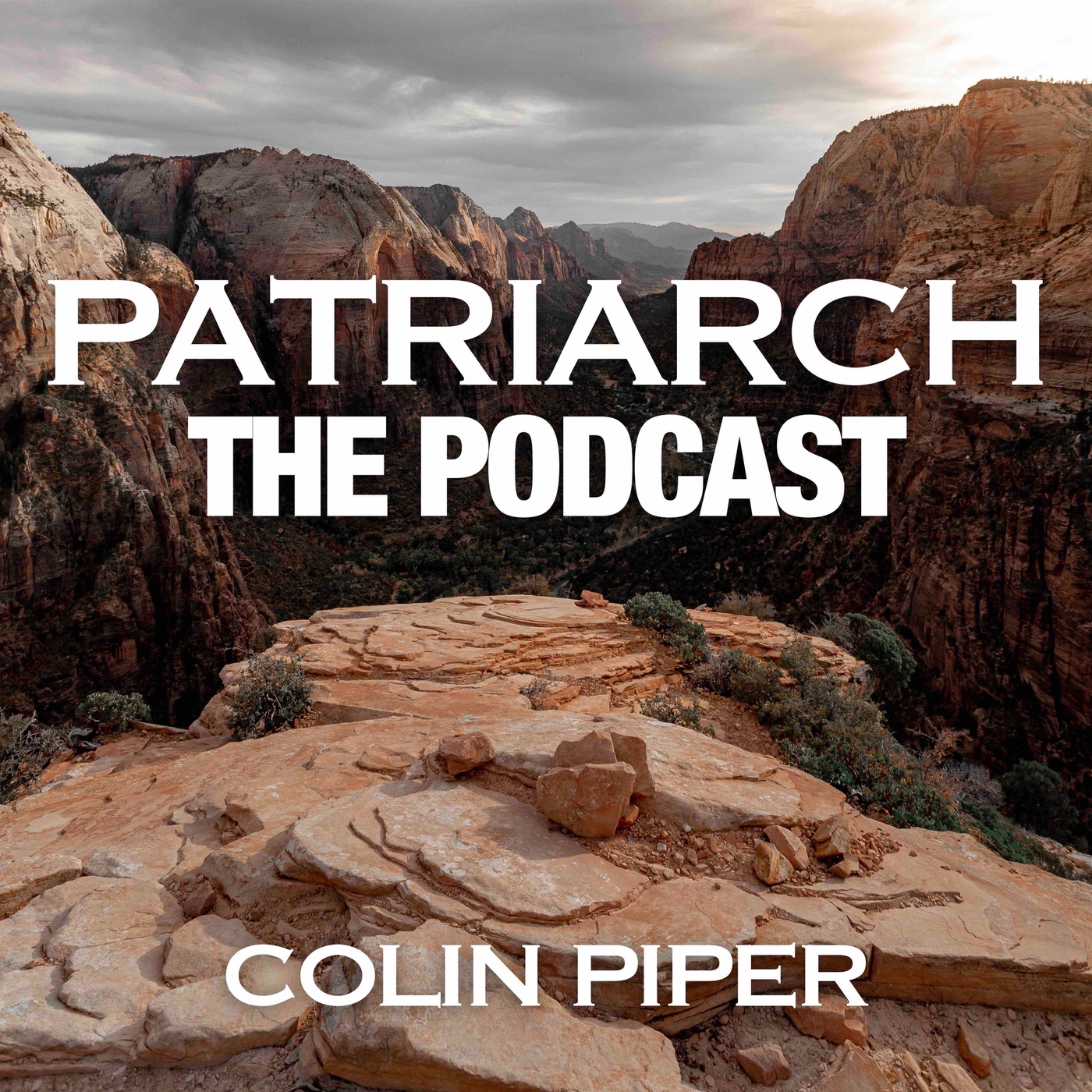Patriarch Chapter 3 Part 6
“Aslan is a lion- the Lion, the great Lion.” “Ooh” said Susan. “I’d thought he was a man. Is he-quite safe? I shall feel rather nervous about meeting a lion”…”Safe?” said Mr Beaver …”Who said anything about safe? ‘Course he isn’t safe. But he’s good. He’s the King, I tell you.” As much as we may crave to experience God, I doubt any of us have the slightest idea what we’re asking for. The holiness and love of God are intrinsically linked so coming into His presence is both glorious and fearful. This is certainly Abraham’s experience here, as God makes the most formal of contracts with him. But even this was only a precursor of Christ’s covenant with us who believe. I wrote this section with a sense of holy awe and wonder, that honestly has never left me. Experiencing God would leave Jacob walking with limp. It is at the same time cripplingly intense and yet also gloriously liberating. A true encounter with Him leaves us marked and yet whole. Perfectly balanced- neither weirdly intense or flippantly superficial. Thoroughly in the world but not of it. More approachable and relatable but irrefutably different. The true woman or man God intended us to be. Life in all its fulness.

